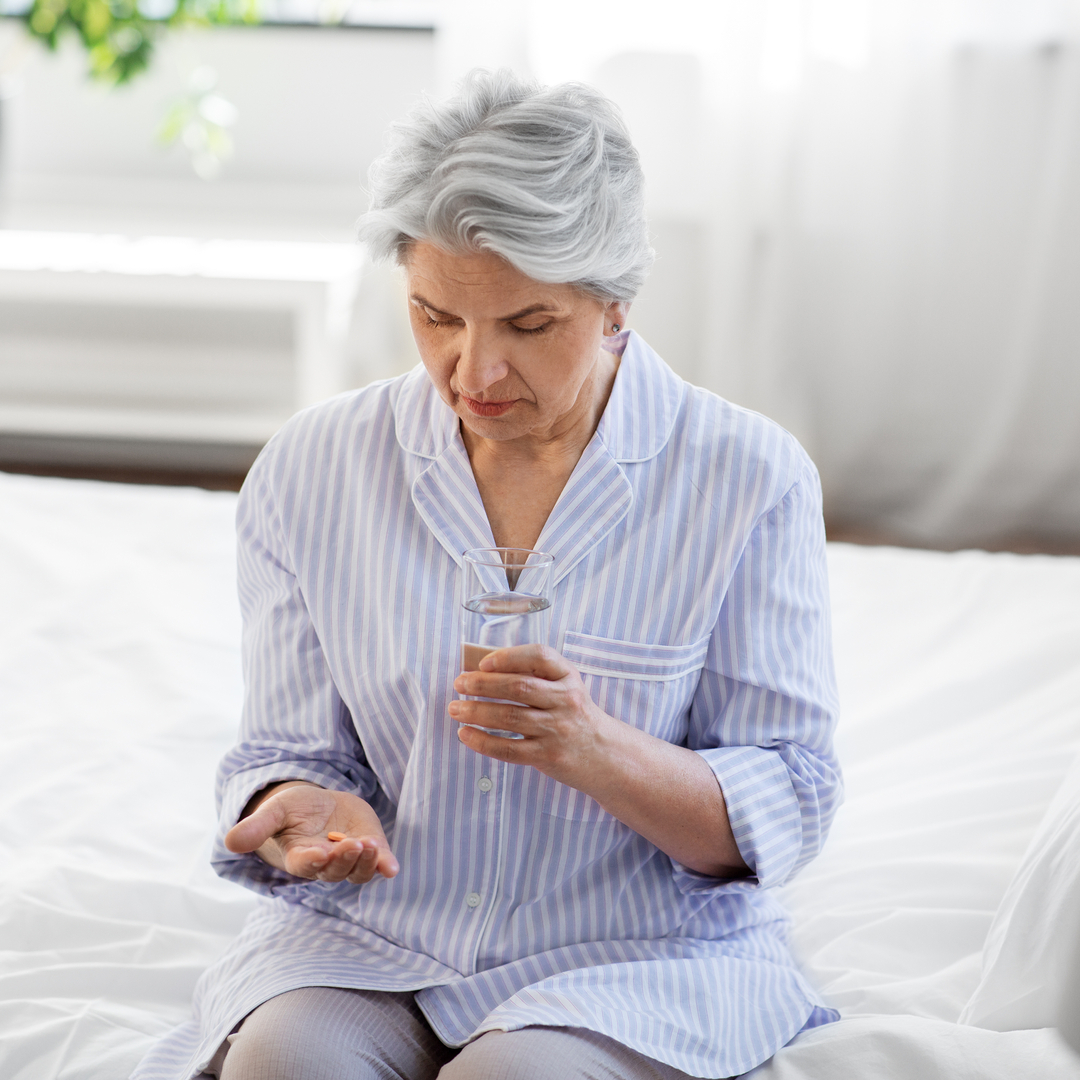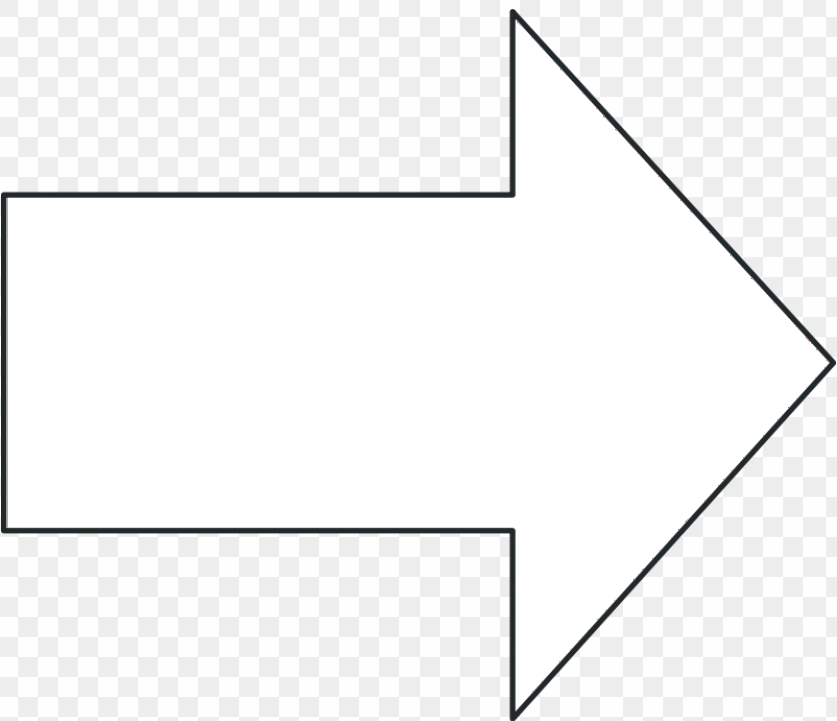Manufacturers recommend amlodipine be taken once a day, with or without food, at the same time each day.1,2 The effect lasts for 24 hours or longer with a half-life of 30 – 50 hours. Steady-state plasma levels of amlodipine are achieved after seven to eight days of consistent dosing.
Normally, blood pressure levels dip in the overnight hours. People whose levels do not dip overnight, when monitored over 24 hours, have been shown to have a higher risk of cardiovascular events.3 The morning rise in blood pressure is known to contribute to the risk of cardiac events in the first few hours after awakening.4 Amlodipine and other dihydropyridine calcium channel blockers (CCBs) continue to reduce blood pressure over 24 hours, regardless of the time of dosing. But study results of the effects of dosage timing have been inconsistent. Sixty-two patients with mild hypertension were randomly assigned bedtime or morning doses of amlodipine, then evaluated with 24-hour blood pressure monitoring at six and 12 weeks after randomization.5 There was no significant effect on the morning blood pressure between those on morning versus bedtime dosing. However, the percentage of overnight blood pressure fall was greater with the morning dosing compared to the bedtime dosing (7.9 ± 5.3%/9.6 ± 6.8% versus 5.4 ± 7.0%/7.0 ± 6.9%, p< 0.01/0.05).
A larger study of 180 previously untreated hypertensives demonstrated that nighttime dosing of nifedipine, a CCB like amlodipine, can improve the nocturnal dipping patterns to be closer to normal. With the morning dosing, the prevalence of non-dipping was unchanged from baseline. By comparison, with bedtime dosing, the prevalence of non-dipping was decreased from 51% to 35% (p=0.025). Bedtime dosing of nifedipine was also shown to be less likely to produce peripheral edema, compared to morning dosing (1% versus 13%, p<0.001). The effect of dosage timing on cardiovascular morbidity and mortality is not known.6
The Hygia Chronotherapy Trial compared clinical results for patients taking their antihypertensive medication upon awakening with those taking their medication at bedtime (n=19,084).7 Ambulatory blood pressure (BP) readings, sleep time BP, and cardiovascular outcomes were all improved in those taking medication at bedtime. A 45% relative reduction in cardiovascular disease (CVD) events was achieved by those consuming their blood pressure medications at bedtime compared to those taking medications upon awakening. The absolute reduction in risk was 5.4%.8
Patients in the Hygia study continued on the medications they were taking at the time of enlistment into the study.7 There was a slightly higher percentage of diuretics and lower percentage of calcium channel blockers (CCBs) in the morning treatment group. Approximately 69% of participants were taking angiotensin-receptor blockers (ARBs) or angiotensin-converting enzyme (ACE) inhibitors as monotherapy and 13% were taking CCBs, mostly amlodipine. The most frequently prescribed dual therapy was an ARB or ACE inhibitor with a diuretic (43%) or with a CCB (26%). The authors of the Hygia study point out that there may be individual medications that do not result in better CVD outcomes when given at bedtime. However, given the scope and size of this study, which included over 2000 individuals taking amlodipine, coupled with results from previous studies, there is good evidence that bedtime dosing of amlodipine may improve outcomes.
References
- Norvasc [package insert]. Kirkland, Quebec: Pfizer Labs; 2016.
- Lotrel [package insert]. East Hanover, NJ: Novartis Pharmaceuticals; 2017.
- Mahabala C, Kamath P, Bhaskaran U, Pai ND, Pai AU. Antihypertensive therapy: nocturnal dippers and nondippers. Do we treat them differently? Vasc Health Risk Manag 2013; 9 : 125-133.
- Zhao P, Xu P, Wan C, Wang Z. Evening versus morning dosing regimen drug therapy for hypertension. Cochrane Database Syst Rev 2011; (10): CD004184.
- Qiu Y-G, Chen J-Z, Zhu J-H, Yao X-Y. Differential effects of morning or evening dosing of amlodipine on circadian blood pressure and heart rate. Cardiovasc Drugs Ther 2003; 17 (4): 335-341.
- Smolensky MH, Hermida RC, Ayala DE, Tiseo R, Portaluppi F. Administration-time-dependent effects of blood pressure-lowering medications: basis for the chronotherapy of hypertension. Blood Press Monit 2010; 15 (4): 173-180.
- Hermida RC, Crespo JJ, Domínguez-Sardiña M, et al. Bedtime hypertension treatment improves cardiovascular risk reduction: the Hygia Chronotherapy Trial. Eur Heart J. October 2019.
- NEJM Journal Watch: Summaries of and commentary on original medical and scientific articles from key medical journals. https://www.jwatch.org/na50538/2019/12/26/antihypertension-medications-might-best-be-taken-night. Accessed January 24, 2020.



